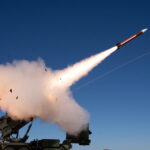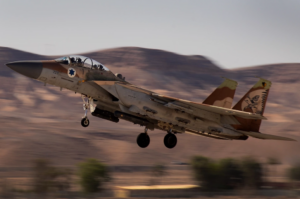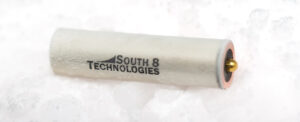
The Biden administration intends to move ahead with a proposed $23 billion arms sale with the United Arab Emirates, previously approved by Trump’s White House, following a review by the State Department. The deal which includes, $10 billion for 50 F-35A strike fighters, $2.9 billion for 18 MQ-9B Reaper drones and $10 billion for a range of munitions, still faces a pending legal challenge from the New York Center for Foreign Policy Affairs (NYCFPA) that aims to block the agreement.…

 By
By 











